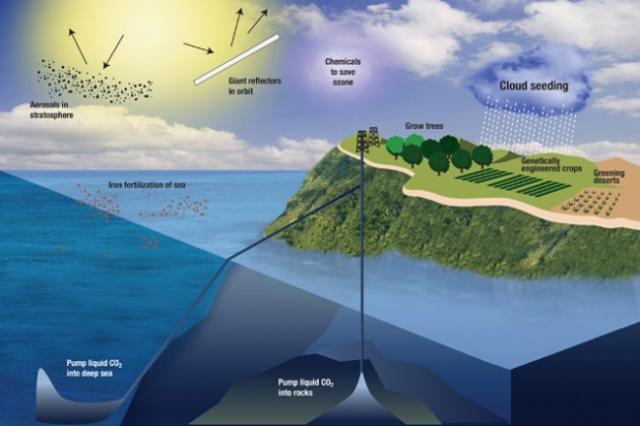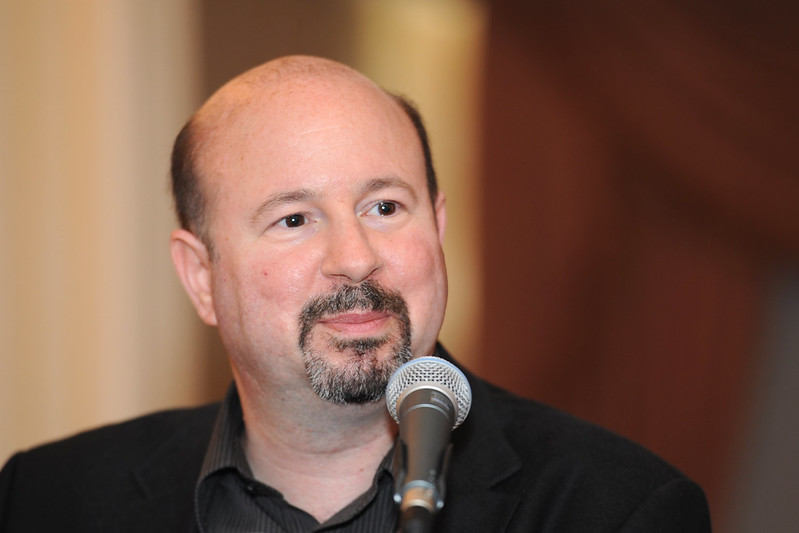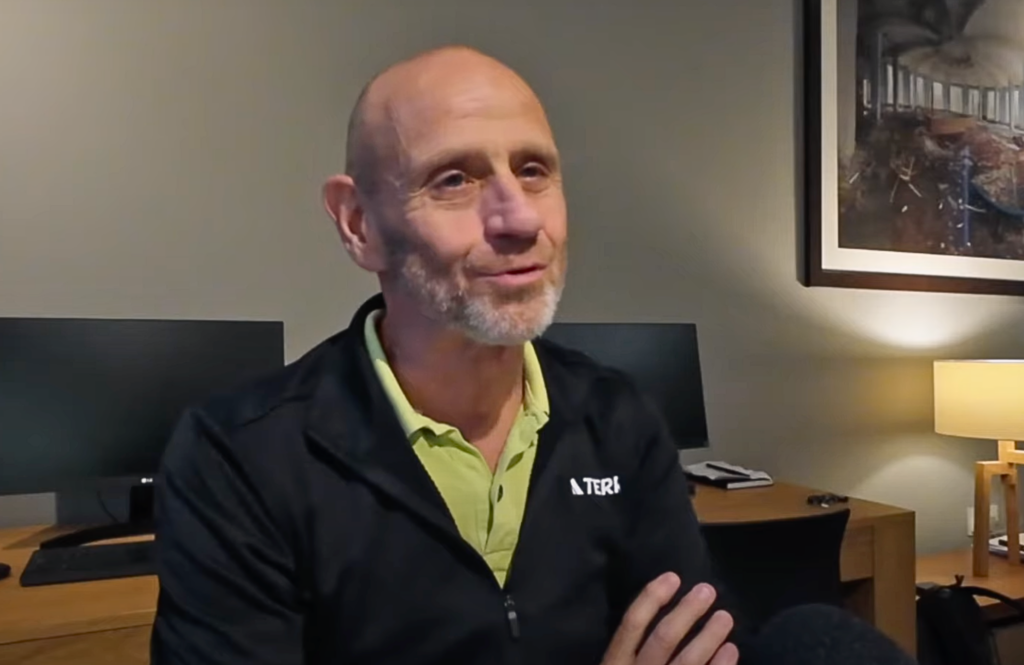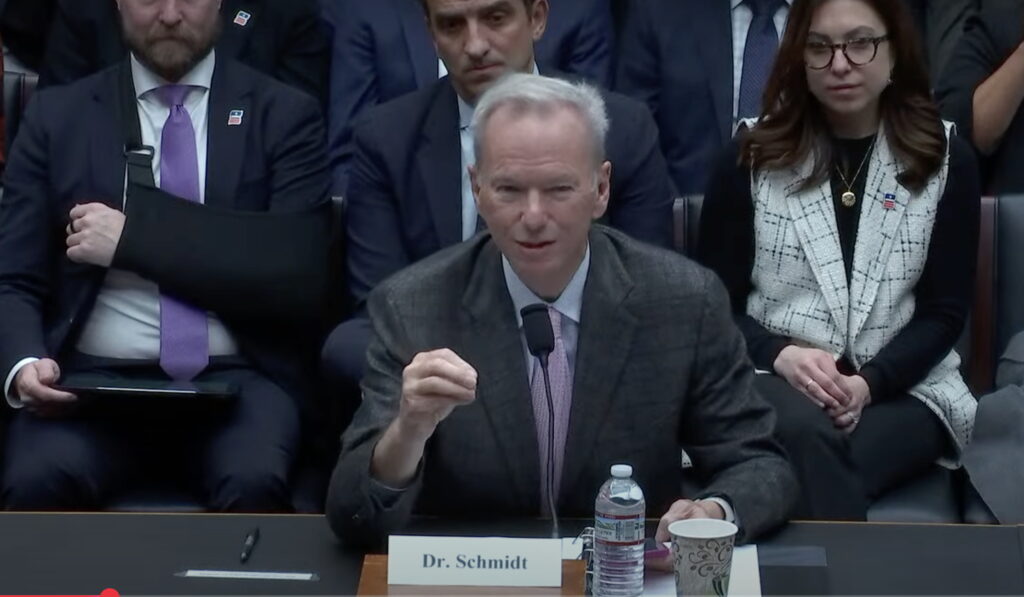Readers of my posts will know that I’ve often focused on the work of Yale’s Dan Kahan and his colleagues, who have published fascinating research on how our political and cultural views skew our perceptions of scientific reality. In particular, Kahan et al find that “hierarchical-individualists” (aka conservatives) have very different responses to a variety of facts than do “egalitarian-communitarians” (aka liberals), and that these responses spring not from objective assessments of the evidence, but rather, from deeply seated worldviews that color our perceptions of what is true.
Such research has often been interpreted in a way that has made conservatives look, well, kinda bad. In one Kahan study, for instance, hierarchical-individualists overwhelmingly rejected the very idea that a scientist could be considered a real and legitimate “expert” because of that scientist’s opinion that global warming is real and caused by humans. This is not exactly what I would call open-minded behavior.
But the research coming out of the Kahan group is actually quite balanced and does not merely target conservatives. And since I myself am often drawing on these sort of studies to criticize the right, I think it’s only fair to discuss a new Kahan et al study that, if you look closely, appears to show liberals also reasoning in a biased fashion.
[Don’t worry: I still think conservatives have much more deeply rooted issues with science. But it’s a complicated world out there, and it isn’t like liberals and environmentalists are complete innocents all the time. In my view, if we’re going to criticize our ideological opponents, we’ve also got to try hard to see our own blind spots.]
So how do you get liberals to behave in a manner that, at least to my mind, might be called ideologically biased?
The trick, in the new study, was to discuss climate science in the context of geoengineering—the idea that we might have to interfere with the planet further in order to stave off the global warming that we have already set in motion. It’s a gravely serious topic: The climate problem has gotten so bad that many responsible scientists have been forced, by the direness of the situation itself, to consider this disturbing possibility.
But because geoengineering is a techno-fix that interferes with the environment, it can be expected to draw more negative responses from liberals and environmentalists (or egalitarian-communitarians) than from conservatives (or hierarchical-individualists). Indeed, many conservatives might even be inclined to applaud geoengineering, since it emphasizes relying on human ingenuity and technology to solve problems.
Enter the new experiment by Kahan et al. Studying 3,000 people—half of them from the U.S., half from the UK—the researchers asked their subjects to read a mock-scientific article from a journal called Nature Science (yuk, yuk), reporting that global warming is even worse than we thought and, indeed, spinning out of our control. But before reading the fake paper, some of the subjects first read news reports that framed that paper in different ways—either as supporting even stricter limits on greenhouse gas emissions, or as supporting geoengineering.
We already know, based previous research, what framing climate science as supporting greenhouse gas cuts does. It makes conservatives—who hate forced restrictions on industry—even more dismissive of the science than they are already to begin with. And indeed, that’s what the new study showed.
But what’s fascinating is that the geoengineering framing—which, to my knowledge, has not been tried before in such a controlled study—had a very different effect. It made conservatives somewhat more accepting of the fake study’s findings, and made liberals somewhat more dismissive of them. And it did so in roughly equal amounts.
Granted, liberals were still much more concerned about global warming overall than conservatives were–and also were much more convinced by the fake article. But nevertheless, when the results were framed around geoengineering, they were significantly less convinced by them. See here for details.
Now, something good actually did come out of this: The geoengineering frame made conservatives less dismissive of global warming, and thus helped to depolarize the issue overall. Based on this, Kahan et al conclude that talking more about geoengineering in the context of climate change might actually be a good thing if we want to have a rational, democratic deliberation take place. Because simply put, a conversation that features geoengineering seems to undercut the conservative penchant for denialism.
That’s an important finding, but I’m frankly much more interested in what the liberals were up to in the study. To my mind, Kahan et al have done a service by showing that you can definitely put liberals and environmentalists in situations where, just like conservatives, they will call into question science because they don’t like its implications—e.g., we might have to pump sulfate aerosols into the stratosphere. That’s an unpalatable conclusion indeed for many liberals, and this study seemed to capture them reacting to that discomfort.
The interesting question, to my mind, is whether this evidence suggests that liberals and conservatives really are the same kind of creatures after all when it comes to biased reasoning, or responding to inconvenient scientific information.
Kahan has argued that biased reasoning is ideologically symmetrical. I’m not sure I agree, but I do think that he has just captured some biased reasoning on the left.
I think we can go further: There is no doubt that liberals can be made to act defensive when put in ideologically tough positions. So if there is a difference between liberals and conservatives, it is probably not as simple as the notion that one group is always being ideologically defensive while the other not.
However, there still are real differences between liberals and conservatives–big and potentially profound ones, see here–and they still may point to an understanding of why we see so much conservative reality denial.
But we’re going to need a more nuanced explanation for this than simply postulating knee-jerk conservative defensiveness—because liberals can show that too. And the new Kahan study has helpfully pushed us towards this richer line of thinking.
Subscribe to our newsletter
Stay up to date with DeSmog news and alerts







